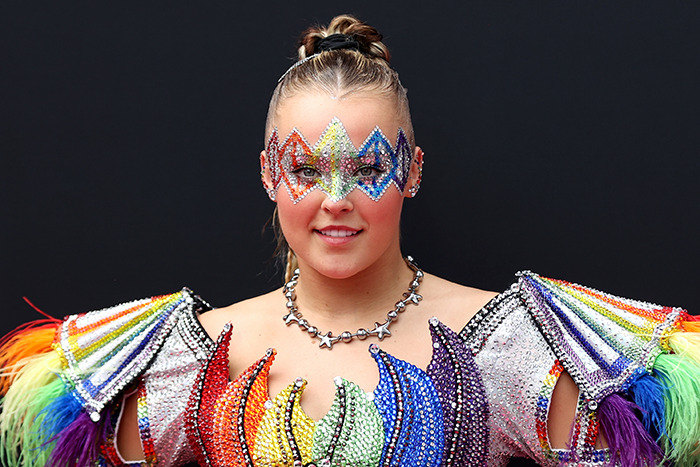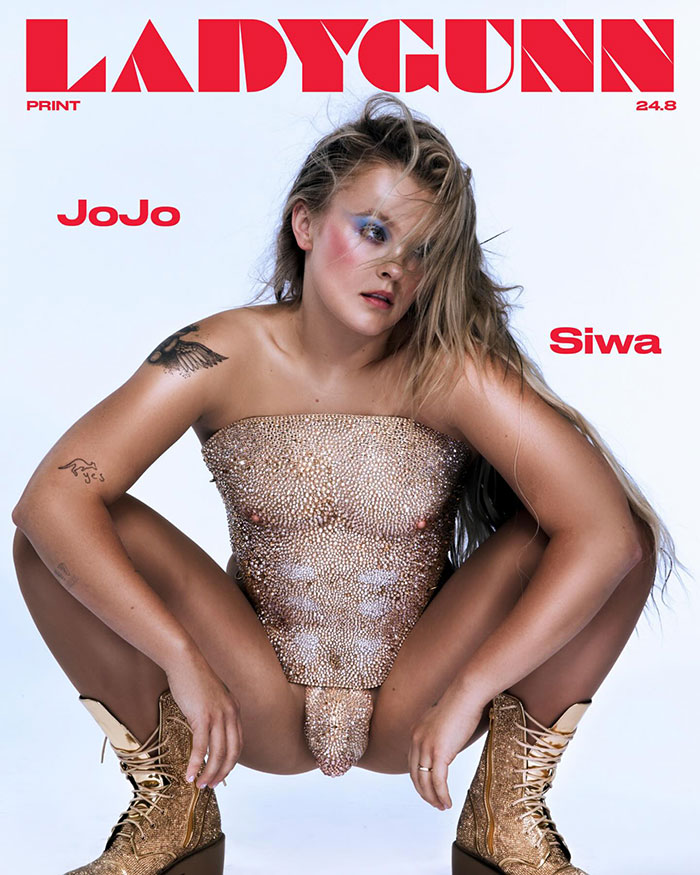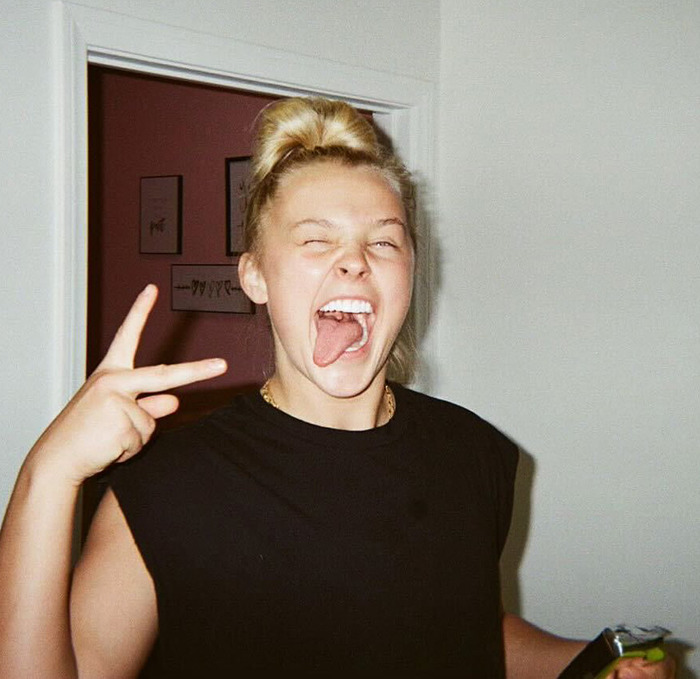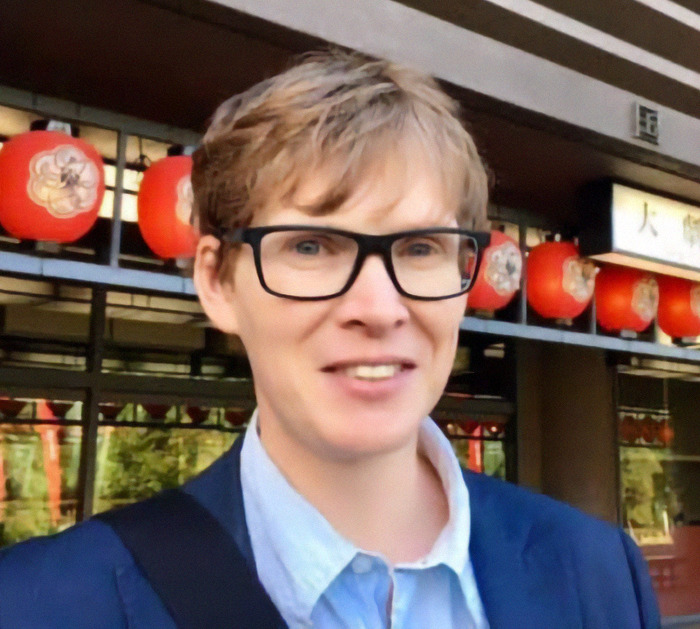A newtrendurges people to actively“ignore” celebrities. It’s already targeted figures likeJoJo Siwa, whose social media engagement plummeted dramatically. The phenomenon started with a video suggesting it would be “hilarious” if celebrities’ posts received minimal likes, sparking widespread participation. Acultural sociology expertdescribed the trend as a reflection offrustrationwith celebrity excess and digital over-saturation.
HighlightsMillions of people have joined the viral trend of “ignoring” celebrities.JoJo Siwa’s engagement consequently dropped as the ignore list trend targeted her.The trend reflects frustration with celebrity excess and digital overload, an expert said.
It all started when TikToker Anita shared a video on November 27, in which she wrote: “Bruh imagine if we all just started ignoring celebrities.
“Like how hilarious would it be if they posted and got like 13 likes.”
The viral clip, which amassed nearly 54 million views, ignited excitement, with a slew of people suggesting an “ignore list” that would include Kim Kardashian, Lil Huddy, Taylor Swift, Beyoncé, and Lizzo.
RELATED:
A new trend urges people to actively “ignore” celebrities

Image credits:Brendon Thorne/Getty Images
Nevertheless,JoJo Siwaemerged as netizens’ first pick of celebrities to ignore. Within days, the counts on the popstar’s social media posts began to significantly drop.
In fact,JoJo’s last post on TikTok, which was shared on December 2, received nearly 56 million views, but only 116,600 likes.
In aprevious TikTok post, theDance Momsalumnus received nearly 39 million views and just under 65,000 likes.

Image credits:itsjojosiwa
“Typically, even if JoJo gets only a few million views on her video, she will get at least a couple hundred thousand likes, and this is even affecting her Instagram as well,” aTikTok commentatorexplained.
The 21-year-old had already prompted controversy lately amidphotographs of her seemingly displaying a “bulge” in a cover photo shoot forLadygunn Magazine.
Makeup star James Charleswas seemingly left worried about the trend, as on December 4, he took to his TikTok page to plea with his fans not to ignore him.
It’s already targeted figures like JoJo Siwa, whose social media engagement plummeted dramatically

In a video, the 25-year-old wrote: “Take me off the ignore list or y’all are never getting another rant video or unhinged live again ever again.”
The trend highlights ironic reliance on social media platforms that perpetuate the very systems being critiqued, according toNick Prior, a professor of Cultural Sociology at the University of Edinburgh.
The professor suggested that there was a form of cultural exhaustion fromcelebrityculture and all its excesses.

The exhaustion includes the flaunting of wealth in asocio-economic contextwhere social suffering, poverty, and crass inequalities are increasingly visible through the channels of news and media culture, as well as in lived experience.
“We see the stark realities of superabundance in a context of precarity and scarcity,” Professor Prior toldBored Pandain an email.
The sociology expert suggested that the trend reflected growing frustration and disillusionment with the superficiality of celebrity culture, particularly among young people facinguncertain futures.
The phenomenon started with a video suggesting it would be “hilarious” if celebrities’ posts received minimal likes
“Many people, particularly young people who are at the sharp end of the emptying out of their futures, have had enough of the faux authenticity of celebrity, the idea that these are really just ‘normal people’,” he said.
Professor Prior continued: “Social attitudes to celebrity have in many respects reached a point of no return because the illusion of relatability is a delicate and provisional performance.
“In a digitally-saturated world, celebrity is part of increasingly fast-paced cultures where what is ‘in’ today might be ‘out’ tomorrow: that might also extend to celebrity itself.”
However, the expert also stated that the “ignore list” trend was both a critique ofcelebrity cultureand a continuation of it.
While people use platforms to express frustration with celebrities amid the trend, those same platforms profit from the engagement and keep the system running, Professor Prior emphasized.
In the end, even outrage against celebrities feeds into the cycle of platform-driven attention and traffic.
“Humor and irony (as wellsatire) are discursive and stylistic ways to gain a degree of distance from the object,” Professor Prior noted.
A cultural sociology expert described the trend as a reflection of frustration with celebrity excess

Image credits:The University of Edinburgh
Humor, especially throughmemes, is a powerful tool on the internet that challenges traditional hierarchies and authority, according to the expert.
Dark humor often thrives in difficult times, helping people cope while also critiquing those in power.
While the internet once seemed to democratize fandom, social media now fuels an exploitative attention economy that harms well-being, as per Professor Prior.
Professor Prior reflected on social capital, which refers to the importance of one’s social network and how it impacts opportunities based on factors like class and education.
However, the sociologist noted that while such cultural capital in the digital age can come from visibility and follower counts, this kind of status didn’t translate to traditional elite power structures.
Internet fame rarely replaces advantages tied to education, family background, or high cultural institutions, Professor Prior stated.
As per the expert, social media blurs the lines between public and private, making it hard to understand who is engaging with content and why.
It all started when TikToker Anita shared a video on November 27
Professor Prior concluded: “Excess in all things creates problems for humans, including overloading individuals and societies and paralyzing them or producing value instability.
“With excess, we lose our bearings to make value judgments at the same time as things in themselves lose their value as a result of their ubiquity.
“This is even before we take stock of the impact of these digital excesses on climactic instability.
“Celebrity culture is at the heart of these excesses and spectacularly performs them.”
Anita’s TikTok sparked widespread participation









Thanks! Check out the results:Donata Leskauskaite
Karina Babenok
News